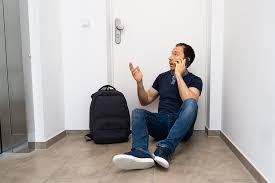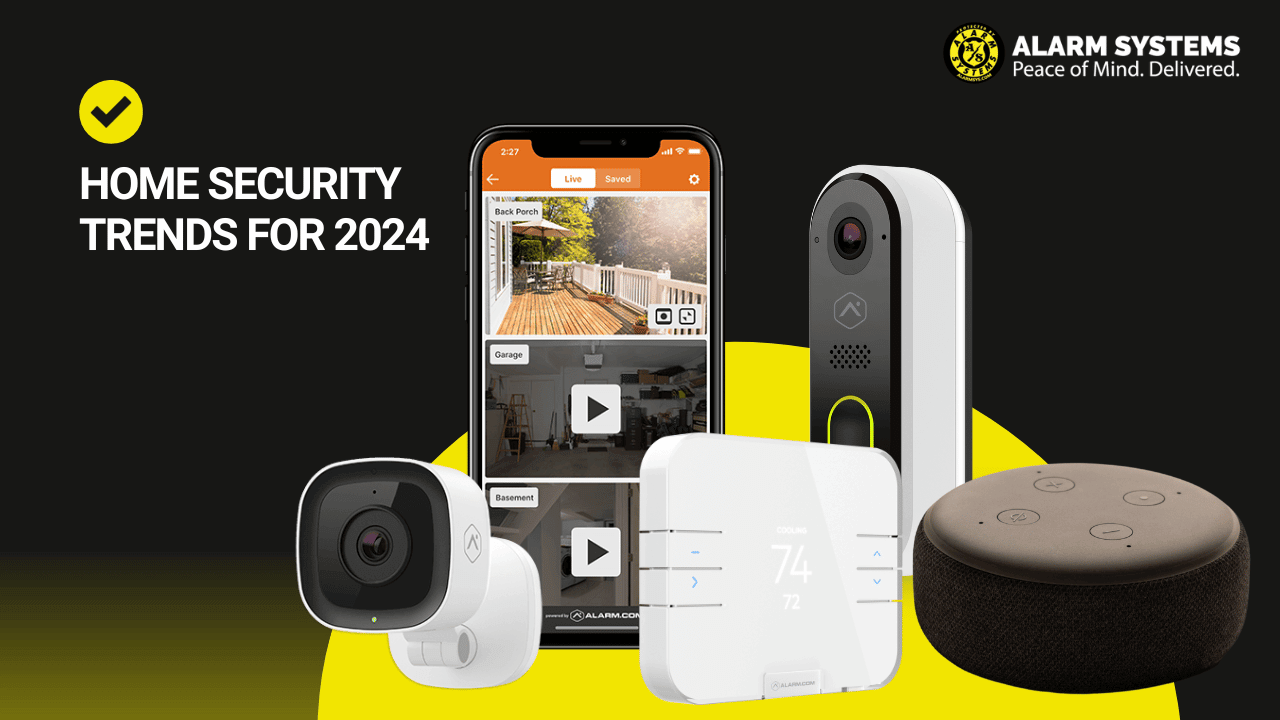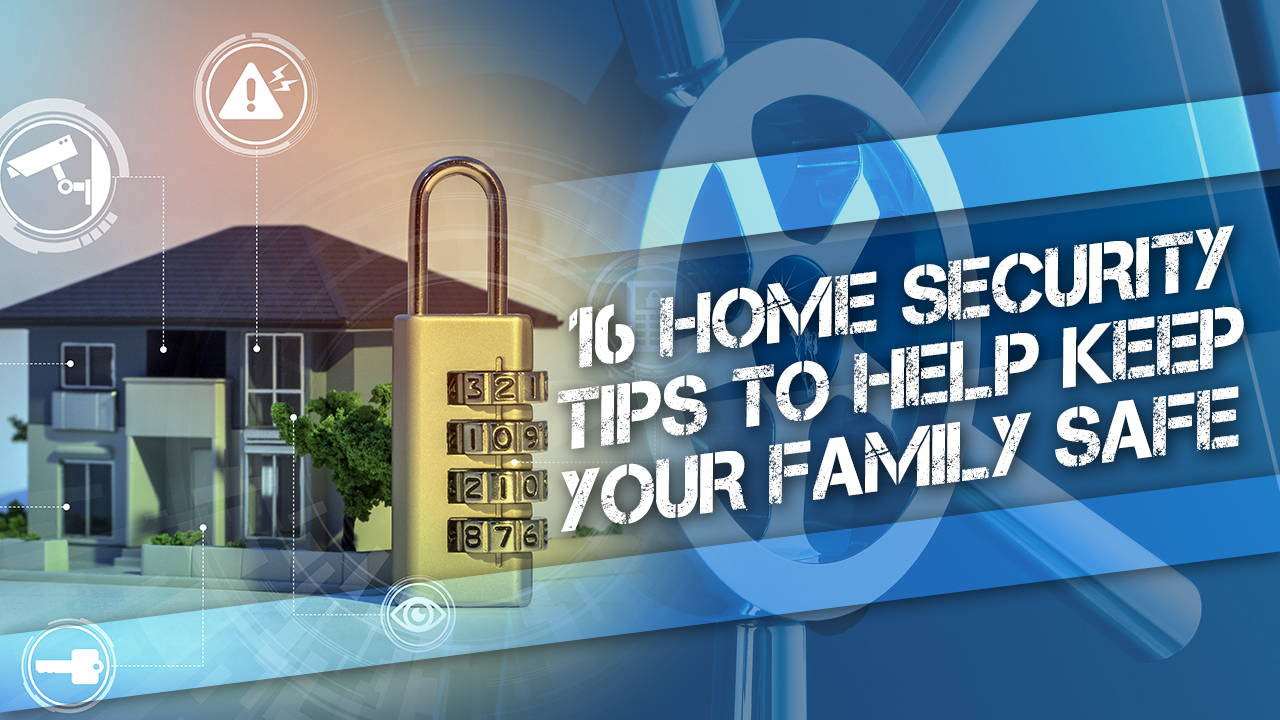Maintaining the locks in your home might not be at the top of your DIY list, but it’s a crucial aspect of ensuring your security and extending the lifespan of these essential devices. Whether it’s the deadbolt on your front door or a simple cabinet lock, proper care can prevent malfunctions and costly replacements. In this article, I’ll share some effective DIY lock maintenance tips that will keep your locks in perfect condition, potentially landing this content in the featured snippet with its concise and informative approach.
Regular Cleaning: The First Line of Defense
Dust, dirt, and grime are the enemies of any mechanical device, and locks are no exception. Over time, these particles can accumulate inside the lock mechanism, causing it to stick or fail entirely. To avoid this, it’s important to clean your locks regularly. Start by using a can of compressed air to blow out any loose debris from the keyhole. This is a safe way to remove particles without disassembling the lock.
For a deeper clean, dip a cotton swab in isopropyl alcohol and gently swab around the keyhole. This will help dissolve any grime or sticky residues inside. However, avoid using water or water-based cleaners, as they can promote rusting.
Lubrication: Keeping Things Smooth
Lubrication is key to maintaining any lock’s smooth operation. For best results, use a graphite lubricant or a silicone-based spray. These types of lubricants are ideal because they don’t attract dirt or gum up the mechanisms like oil-based products can. Simply spray a small amount into the keyhole and on the bolt mechanism. Insert your key and turn it several times to distribute the lubricant evenly.
Remember, moderation is crucial—over-lubricating can lead to a buildup that may actually attract more dirt.
Check and Tighten Hardware
Over time, the screws and hardware that hold your lock and strike plate in place can loosen. This not only makes the lock less effective but can also stress the mechanism. Every few months, take a screwdriver and check all visible screws, tightening them if necessary. This simple step can significantly enhance the security of your lock.
Inspect and Replace Worn Parts
Locks contain several components that can wear out over time, especially in locks that are used frequently. Inspect your locks for any signs of wear or damage, such as rust or a warped deadbolt. If you notice any problematic parts, consider replacing them or consulting a professional locksmith if the repair seems complex.
Seasonal Considerations
Temperature changes can affect the way your locks operate. In winter, locks can freeze, and in summer, they may stick due to humidity. To prevent freezing, you can cover the external locks with insulated covers or use a lock de-icer when necessary. During humid months, a moisture absorber like silica gel near indoor locks can prevent sticking and corrosion.
Practice Key Care
Your keys are as important as the locks themselves. A bent or damaged key can damage the lock mechanism. Make sure to keep your keys in a safe place and avoid using them as tools for tasks like opening packages. If a key is bent, it’s wise to replace it rather than risk damaging the lock.
Regular Testing
Regularly check your locks for functionality. Make a habit of testing the locks every month by locking and unlocking the door several times. This test can help you catch issues like sticking or resistance early, before they become bigger problems.
By following these simple DIY lock maintenance tips, you can ensure the longevity and effectiveness of every lock in your home. This proactive approach not only enhances your home’s security but also saves you money in the long run on costly lock replacements and locksmith visits.
Remember, taking care of your locks is taking care of your home’s security. Regular maintenance keeps your locks working smoothly and ensures they can do their job—keeping you and your belongings safe.






